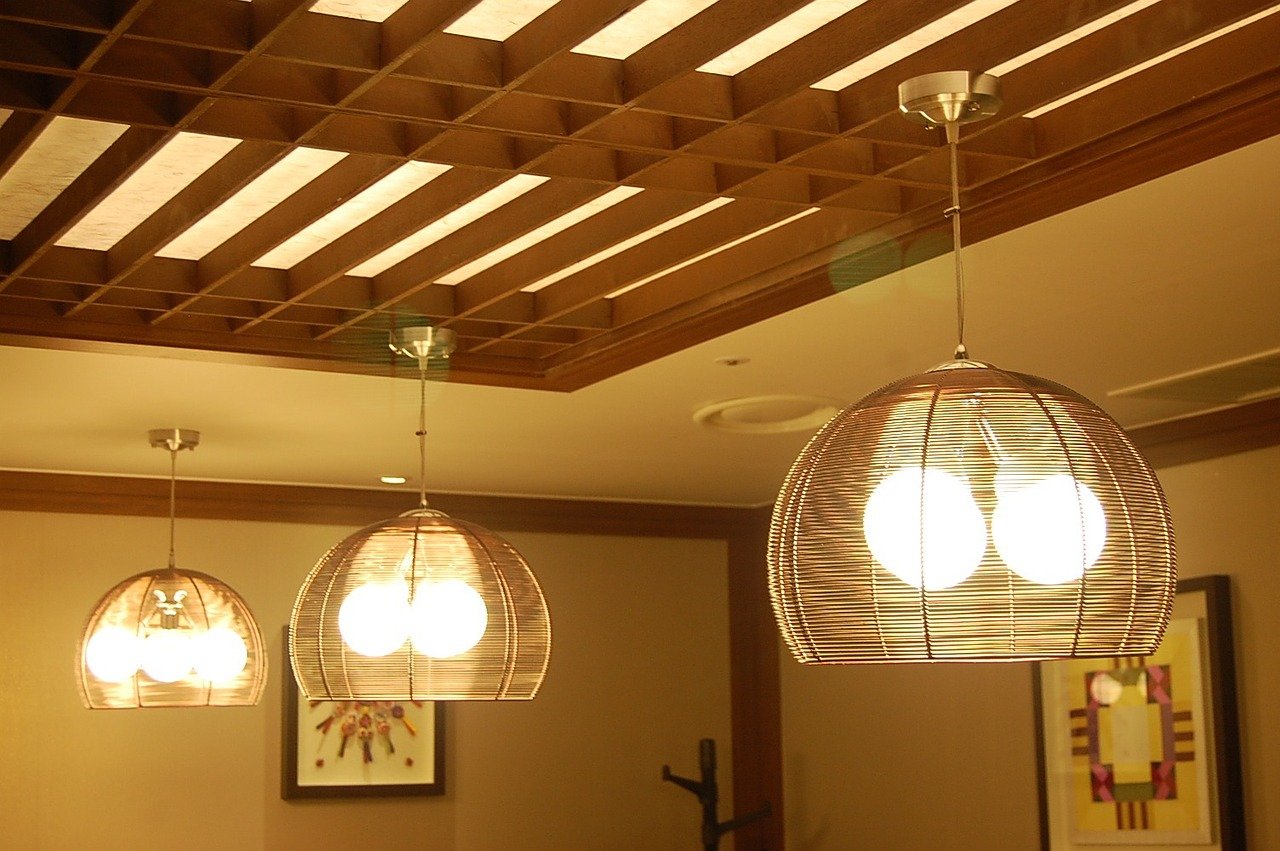Every homeowner wants to quickly and clearly explain their problem to an electrician. Occasionally, electrical terms or phrases may be unfamiliar, and having the right words takes some of the hassle and frustration out of scheduling.
Because we want to help our clients understand their electrical system and be educated on our services, we’ve identified common industry terms for your review. Let us know if we can help in any way!
<ul><li> Alternating Current (AC): This current reverses its direction at regular intervals and is generally utilized in power supplies. If you plug into a wall outlet, the light fixture or appliance is using AC.<li>
<li> Circuit: A circuit is a path in which electrons from a voltage or electrical current source flow. Circuits utilize two types of electric power, Alternating Current (AC) and Direct Current (DC). <li>
<li> Circuit Breaker: A circuit breaker is a mechanical device installed in the electrical panel which shuts off a circuit when excess current is flowing. <li>
<li> Current: Current is the amount of electric charge that flows through a circuit. <li>
<li> Direct Current (DC): As opposed to AC current, DC electric current flows only in one direction. DC is most often seen when a device utilizes a battery as their power source (like your cell phone). <li>
<li> Electrical Outlet: An electrical outlet is the receptacle that connects a device to the supply of electricity. These are the everyday wall sockets you are familiar with. <li>
<li> Electrical Panel: This metal box accepts the main power from your electric supplier and brings it into your home. The electrical panel distributes the electrical current to the circuits throughout your home. You may know the electrical box as a fuse box, breaker box, or a circuit breaker panel. The panel is also a failsafe mechanism, cutting off the flow of electricity in case of circuit overload in order to prevent fire.<li>
<li> Fuse: A fuse shuts off the power to a circuit when too much electricity is flowing through it. Contemporary homes with updated wiring systems have circuit breakers, and no longer use fuses. <li>
<li> GFCI Outlet: A ground fault circuit interrupter (GFCI) is a kind of circuit breaker which shuts off electric power when it senses an improper balance between the incoming and outgoing current. The main purpose of a GCFI is to protect against electric shock, as well as to prevent the house wires and receptacles from overheating or resulting in fire. GFCI outlets are typically found in kitchens, bathrooms and environments where water is present. <li>
<li> Ground: The grounding pathway provides an alternative “safe” path for any excess electrical current to be dispersed in the event of a short circuit. Older homes may not have grounding systems, which means there is increased potential risk of fires and electrical shocks.<li>
<li> Jacket: A jacket is the rubberized, protective outer covering which protects electrical wires. <li>
<li> Kilowatt-Hour (kWh): A kWh is a standard unit of measurement which identifies larger amounts of electricity usage. 1kWh=1,000 Watts. This number is typically seen on your utility bill to track monthly energy usage.<li>
<li> Power Surge: A power surge occurs when there is a brief spike in current. If a residence has faulty wiring, these surges can damage your home’s electrical system and any attached appliances using electrical outlets for power. Power surges can be the result of lightning strikes, but also from more benign causes. <li>
<li> Switches: Switches control the flow of electricity to an electrical circuit.<li>
<li> Voltage (V): Voltage is the “push” behind the electrical current. Average outlets operate on 120V of electricity.<li>
<li> Watt/Wattage: This unit of measurement assesses how much electrical energy is consumed per second. <li></ul>
While we love an educated consumer, the master electricians at Promise Electric are also here to help with any advice or electrical terms you may need to know. Do you have a Sarasota electrical problem you need resolved? Call us today.



